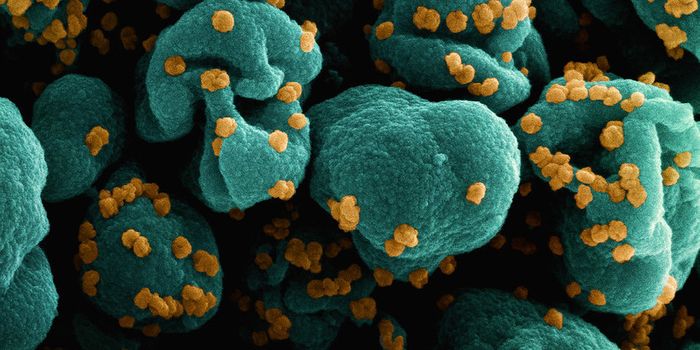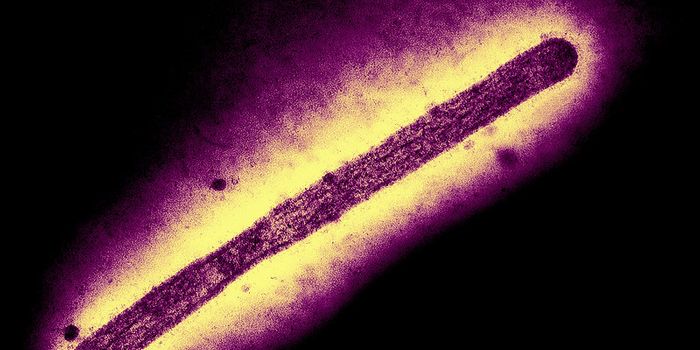Low Vitamin D Levels are Linked to a Lack of Gut Microbiome Diversity
The link between the microbes we carry in our gastrointestinal tract and our health has become clear, and now researchers are learning more about the various ways our health is affected by the composition of the gut microbiome, the impact of the genes these microbes express, and the molecules they produce. Typically, more diverse microbiomes are found in healthier people.
Vitamin D is known to play crucial roles in immunity and bone health. It's thought that many adults can get adequate levels of vitamin D by getting a few minutes of exposure to the sun on their forearms or lower legs every few days. There are multiple forms of vitamin D; a precursor form has to be metabolized by the body so it can be used, and then that active form gets broken down. Typical blood tests only look for vitamin D in its precursor form.
Reporting in Nature Communications, University of California San Diego (UCSD) researchers and collaborators have recently shown that there is a connection between the composition of the gut microbiome and levels of active vitamin D in older men.
"We were surprised to find that microbiome diversity -- the variety of bacteria types in a person's gut -- was closely associated with active vitamin D, but not the precursor form," said senior study author Deborah Kado, M.D., director of the Osteoporosis Clinic at UCSD Health. "Greater gut microbiome diversity is thought to be associated with better health in general."
It's been suggested that low levels of vitamin D might increase the risk of a variety of diseases including cancer, heart disease, and severe COVID-19. However, a large study that included 25,000 people determined that supplements don't improve health outcomes.
"Our study suggests that might be because these studies measured only the precursor form of vitamin D, rather than active hormone," noted Kado. "Measures of vitamin D formation and breakdown may be better indicators of underlying health issues, and who might best respond to vitamin D supplementation."
In this study, blood and stool samples from 567 healthy male volunteers with a mean age of 84 were collected in six US cities. The researchers used the stool samples to characterize their microbiomes and a technique called LC-MSMS to measure the levels of vitamin D in its precursor, active, and broken down forms in the volunteers' blood serum.
The scientists found that there was a connection between the levels of active vitamin D and the diversity of the microbiome. They also identified twelve types of bacteria that were found more often in the microbiomes of men with high active vitamin D levels. Many of these microbes generate a molecule called butyrate, a fatty acid that helps maintain the health of the gut lining.
"Gut microbiomes are really complex and vary a lot from person to person," said graduate candidate and co-first author Serene Lingjing Jiang. "When we do find associations, they aren't usually as distinct as we found here."
Even though samples were collected from different parts of the US that get varying levels of sunlight, including sunny San Diego, there was no connection between how much active vitamin D a man carried and where he lived.
"It seems like it doesn't matter how much vitamin D you get through sunlight or supplementation, nor how much your body can store," Kado said. "It matters how well your body is able to metabolize that into active vitamin D, and maybe that's what clinical trials need to measure in order to get a more accurate picture of the vitamin's role in health."
"We often find in medicine that more is not necessarily better," added co-first author Robert L. Thomas, M.D., Ph.D., a fellow in the Division of Endocrinology at UCSD School of Medicine. "So in this case, maybe it's not how much vitamin D you supplement with, but how you encourage your body to use it."
Kado noted that this study only assessed a snapshot of these individuals' microbiomes and vitamin D levels, and they may fluctuate. More studies will be needed to learn more about how microbes and microbial diversity is linked to vitamin D levels and activity, and how we can improve the efficacy of supplements.
Sources: AAAS/Eurekalert! via University of California San Diego, Nature Communications









